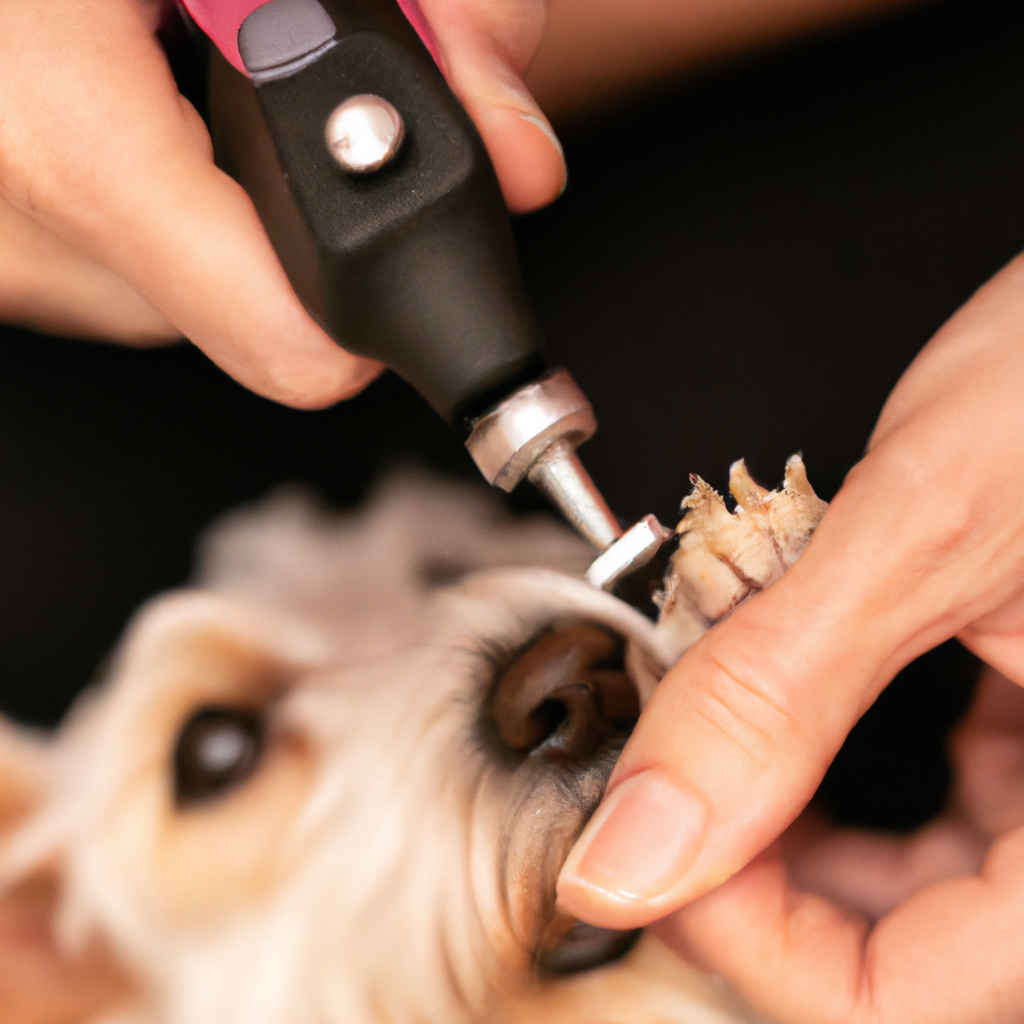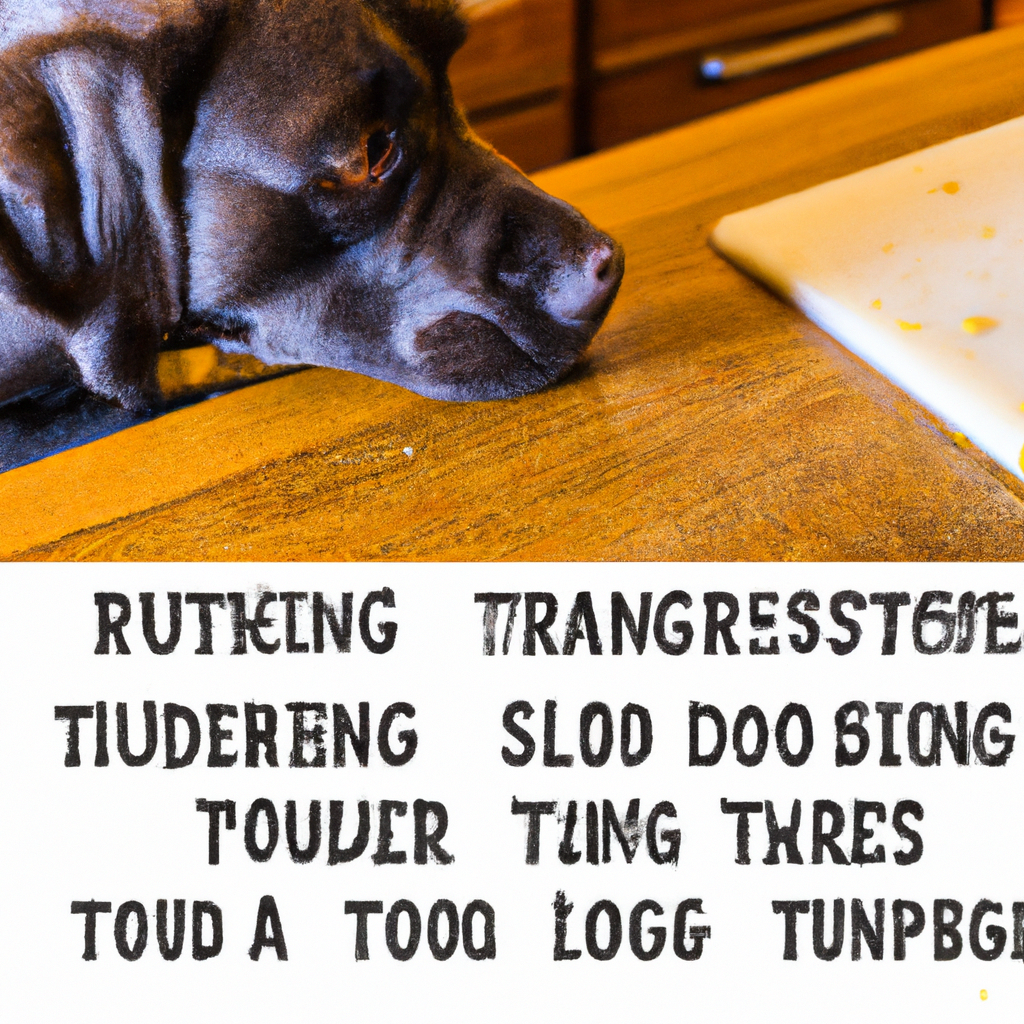How to Train Your Dog to Accept Oral Medications
How to Train Your Dog to Accept Oral Medications Administering oral medications to dogs can sometimes be a challenging
How to Train Your Dog to Accept Oral Medications
Administering oral medications to dogs can sometimes be a challenging task. However, with a little patience, proper training, and positive reinforcement, you can make the process much easier for both you and your furry friend. Here are some helpful tips to get started:
1. Create a Positive Association
Dogs are more likely to accept medications when they associate it with something positive. Choose a special treat your dog adores and give it to them before and after the medication. This helps to create a positive connection and makes them more willing to cooperate.
“Rewarding your dog with a treat helps build a positive association with taking medications.”
2. Start with Short Practice Sessions
Gradually introduce your dog to taking medications by starting with short practice sessions. Begin by presenting an empty treat or mimic your dog’s medication with a similar tasting treat. Let them lick or eat it from your hand, ensuring they feel comfortable.

3. Use Pill Pockets or Soft Food
Pill pockets are a great way to hide medications inside a tasty treat. They come in various flavors and sizes. If pill pockets are not available, you can also use soft food such as cream cheese or peanut butter to wrap the medication. Ensure the medication is completely covered to mask any unpleasant taste.
4. Engage in Play and Distraction
Keep your dog distracted during and after medication by engaging in play or providing their favorite toys. This helps to divert their attention and makes the administration process less stressful for them.
“Engaging your dog in play can help distract them during medication administration.”
5. Practice Gentle Restraint
For dogs that are particularly uncooperative during medication administration, gentle restraint might be necessary. Avoid using excessive force or causing distress. Instead, practice gentle restraint techniques such as gently holding your dog’s muzzle or offering treats in intervals to keep them focused.
6. Seek Professional Assistance, if Necessary
If your dog continues to resist medications or shows signs of extreme anxiety, it’s best to seek professional assistance. Your veterinarian can provide additional guidance or even recommend alternative methods of medication administration.
Training your dog to accept oral medications may take time and patience. Always maintain a calm and positive attitude, rewarding your dog’s progress with treats and praise, and ensuring their overall well-being. With consistent training and positive reinforcement, you can make the process smoother and less stressful for both you and your beloved companion.






